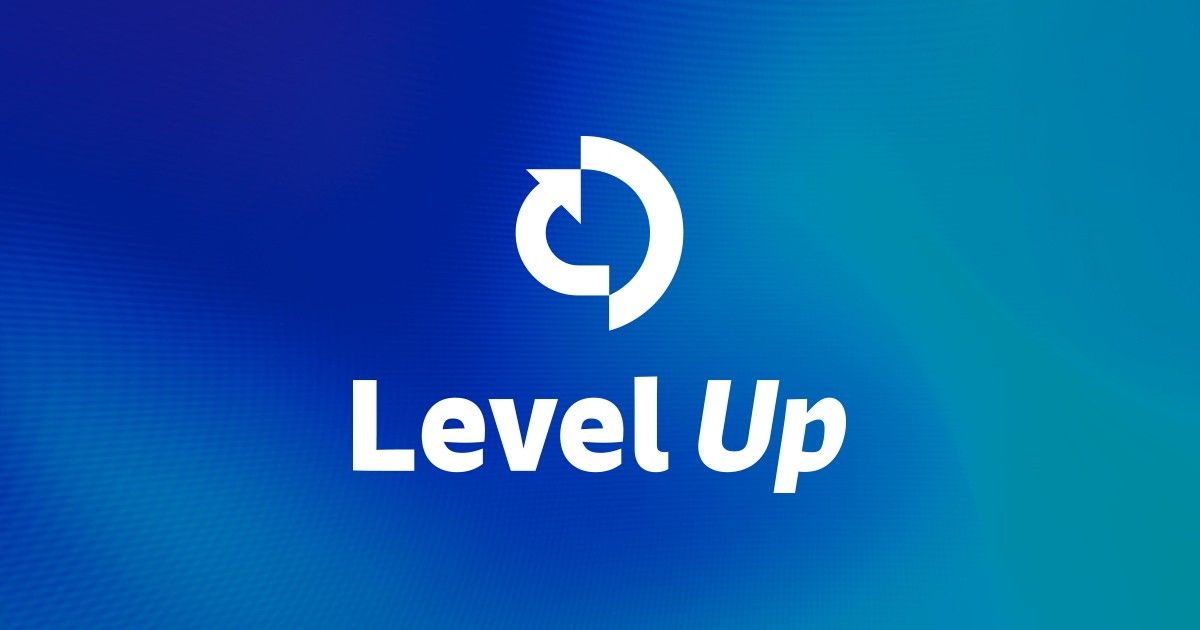Tableau
What sets us apart?
Write your awesome label here.
Tableau is a powerful data visualization tool. | Tableau is a user-friendly data analysis platform. | Tableau is a versatile business intelligence solution. | Tableau is an insightful data exploration tool. | Tableau is a collaborative data storytelling platform. | Tableau is a scalable data analytics solution. | Tableau is an accessible data visualization tool. | Tableau is an impactful data-driven decision-making tool. | Tableau is a transformative data visualization platform. | Tableau is an indispensable data analytics solution.
Below you will find a menu listing the most important topics that will be analyzed.
About this Project
Remote
This course is offered entirely online, so you can learn from anywhere in the world.
Self Paced
This self-paced course allows you to learn at your own pace and convenience, without any strict deadlines or time restrictions.
Participation & Funding
Participation is fully
funded by the European
Union, under the Level
Up Project.
Course Duration
This course has an average
duration of 25 hours.
duration of 25 hours.
Start Date
If you are considering joining us
on this educational journey.
You will be fully informed via email about enrollment procedures at
26th February 2024
on this educational journey.
You will be fully informed via email about enrollment procedures at
26th February 2024
Course Availability
This course will be available for up to 8 months from the day of enrollment.




